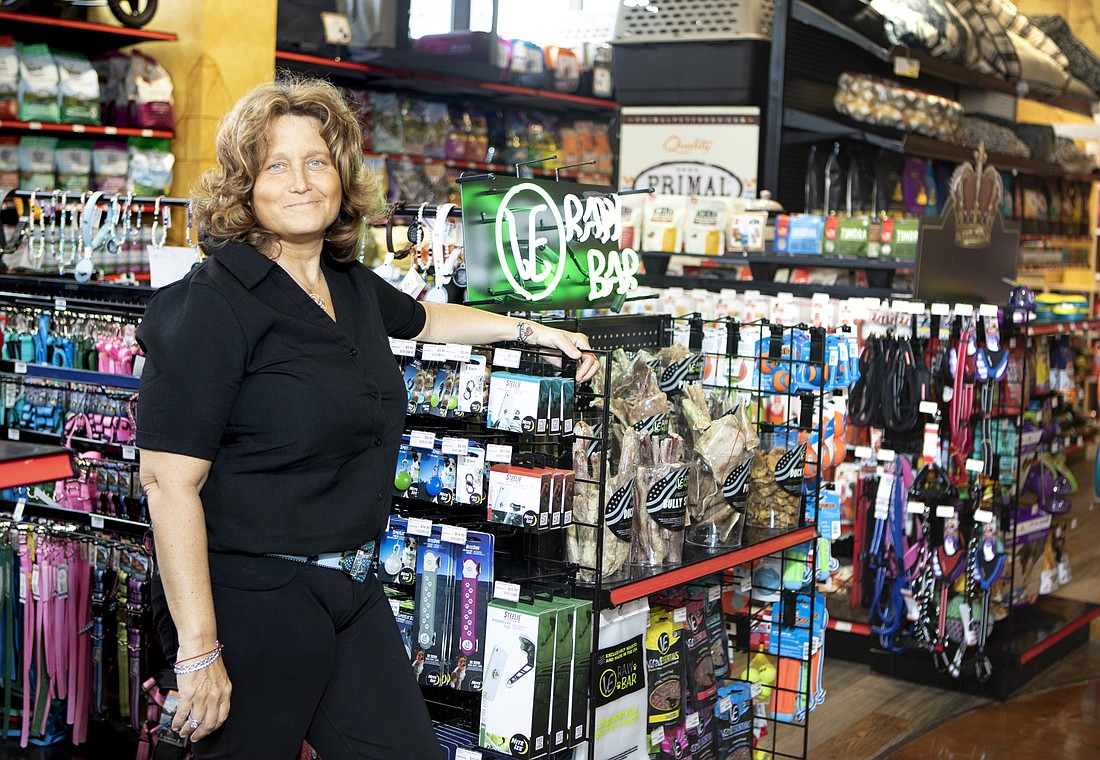Crowning achievement: Royal Pets levels up as it takes on big rivals
With a new flagship store in a prime location in Tampa, the pet market, hotel and veterinary clinic isn’t flying under the radar anymore.
-
By
Brian Hartz
-
| 11:00 a.m. July 7, 2022
-
| 0 Free Articles Remaining!
 Mark Wemple. Former PetSmart Vice President Denise Denise Wolin founded Royal Pets in 2013.
Mark Wemple. Former PetSmart Vice President Denise Denise Wolin founded Royal Pets in 2013.
Continue reading your article
with a Business Observer subscription.

